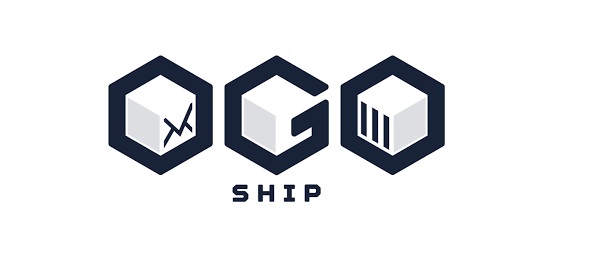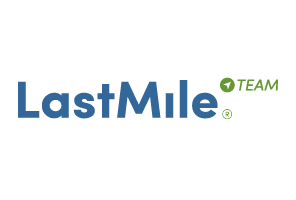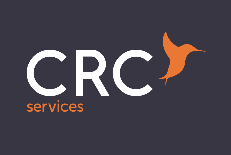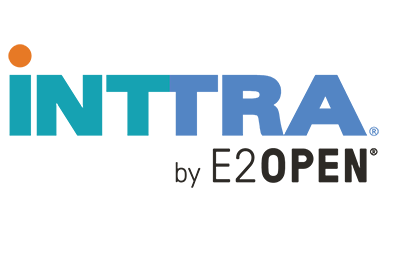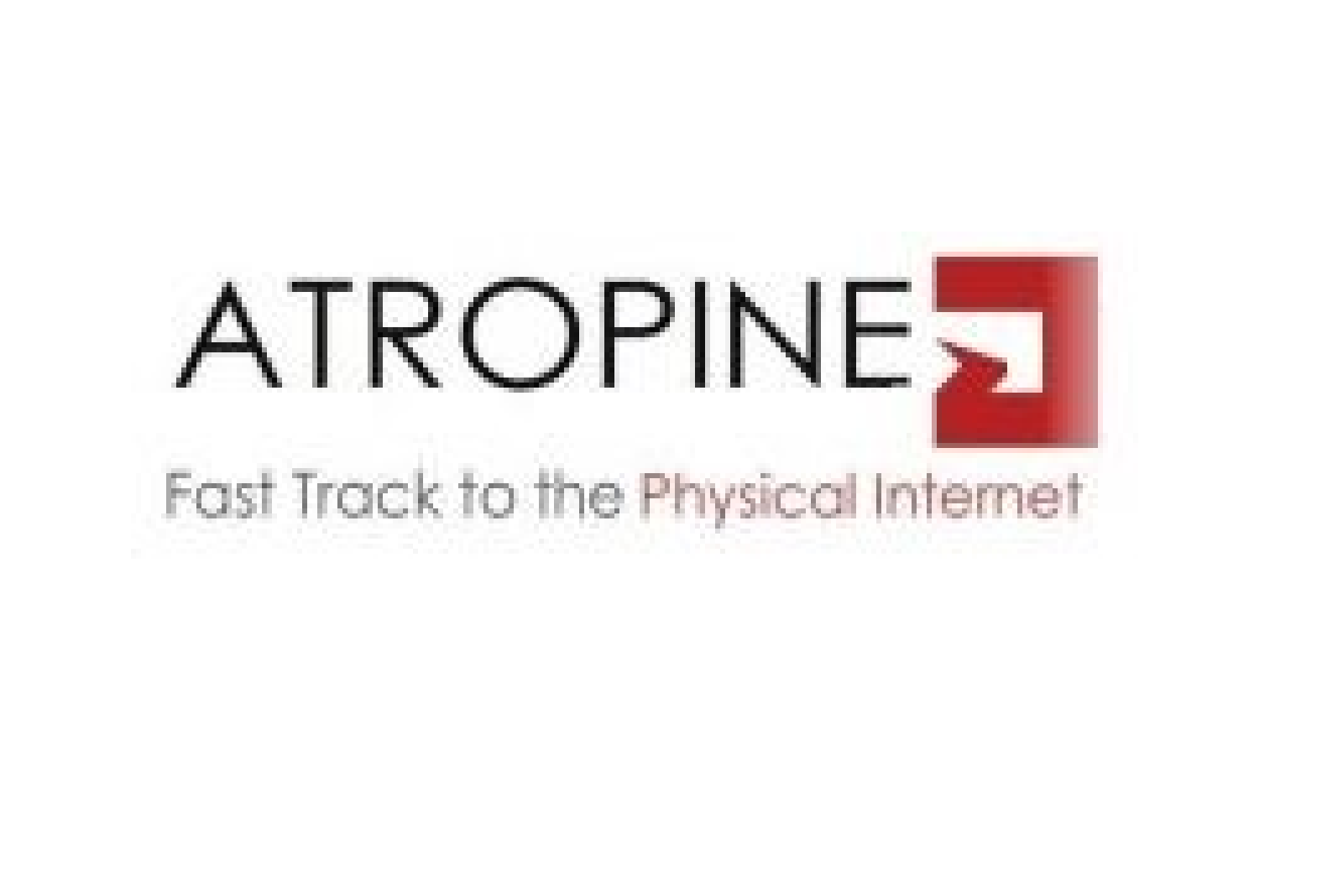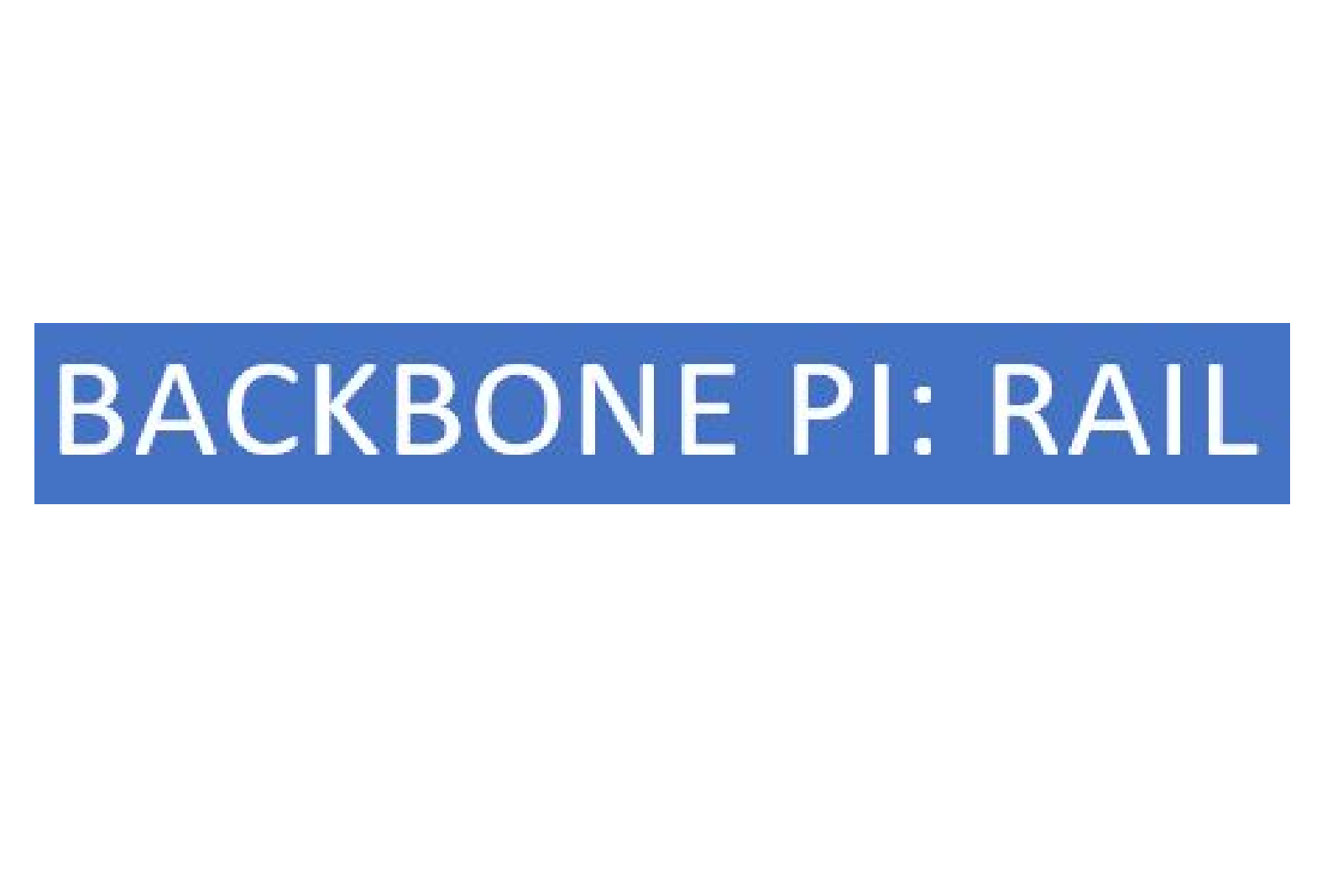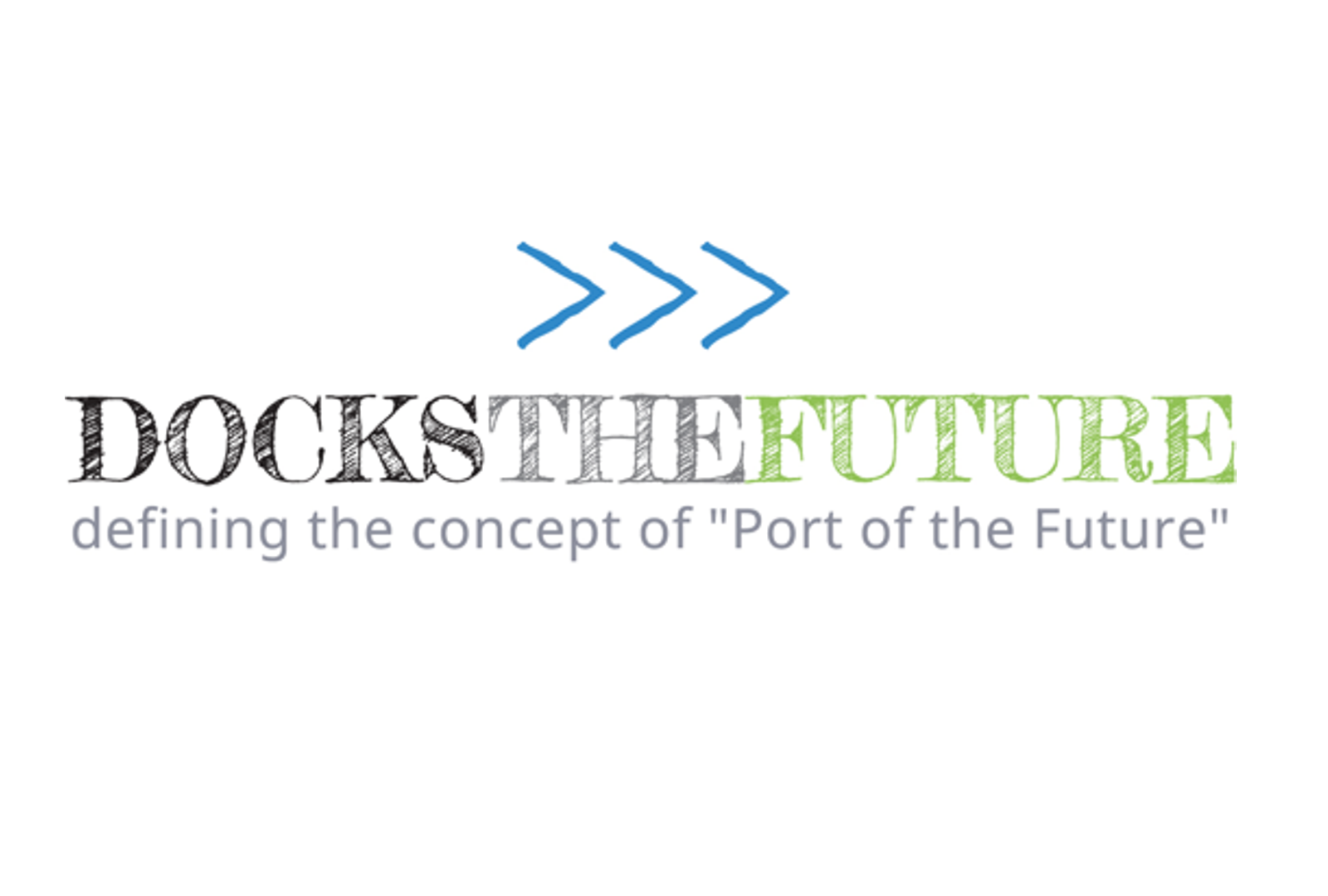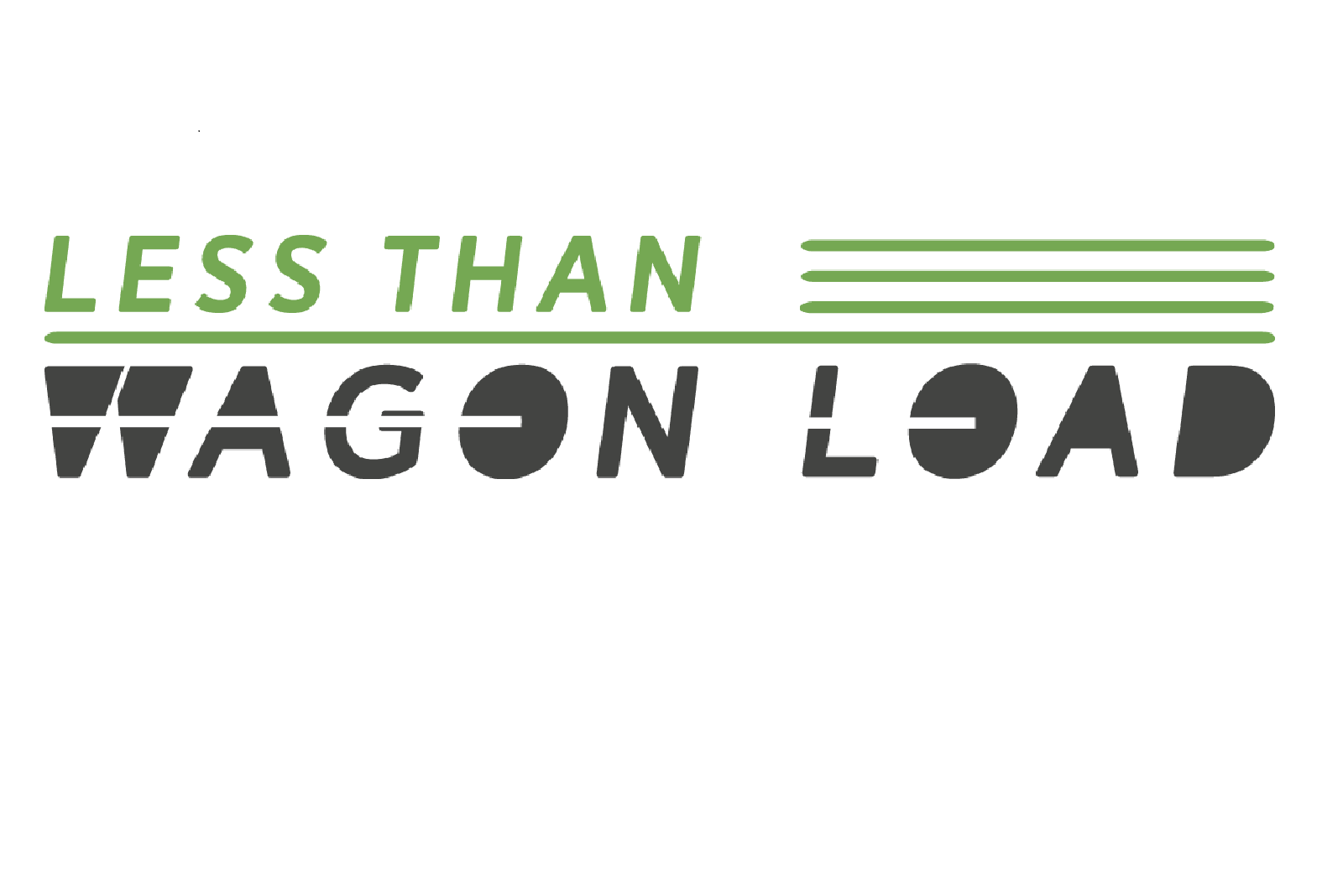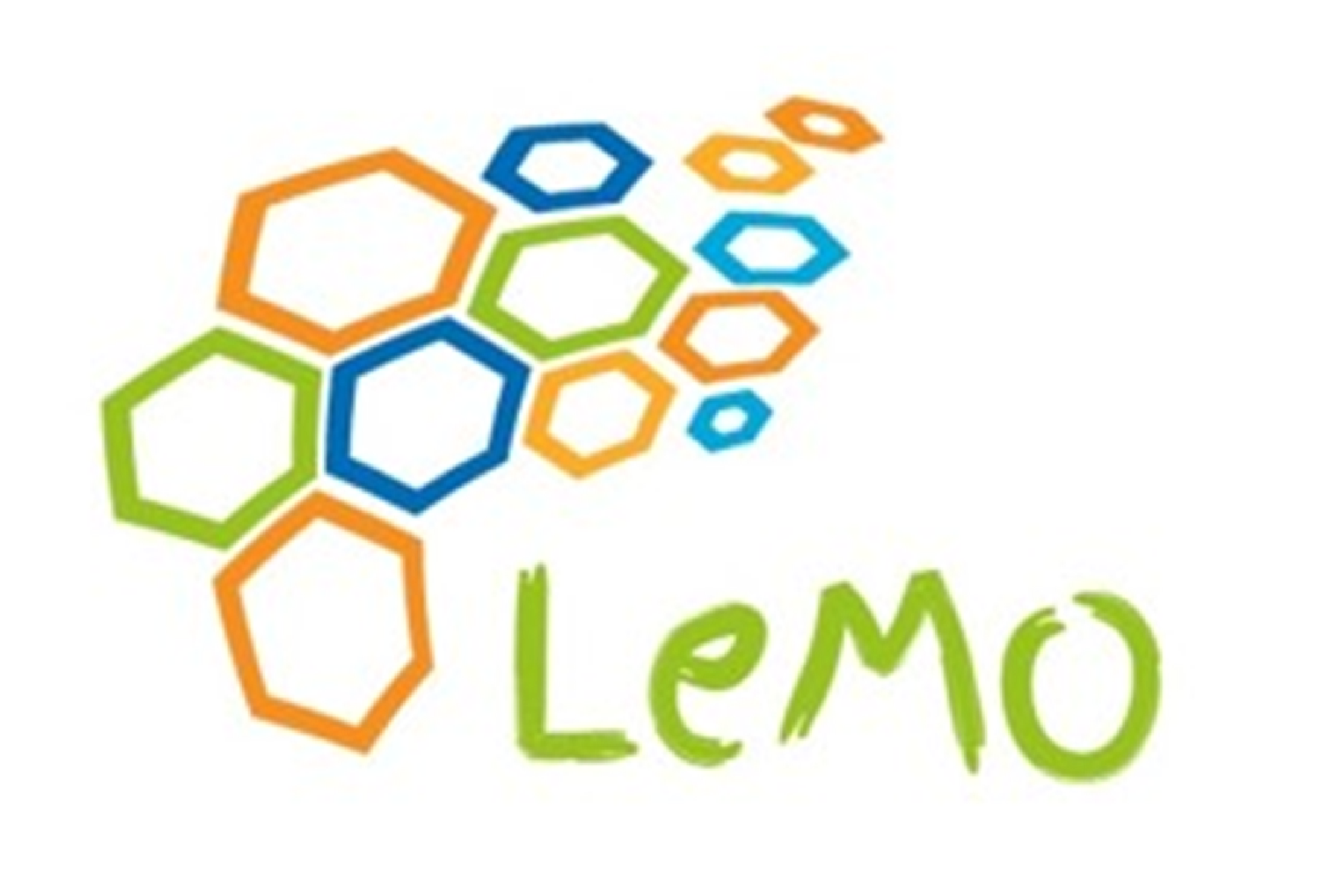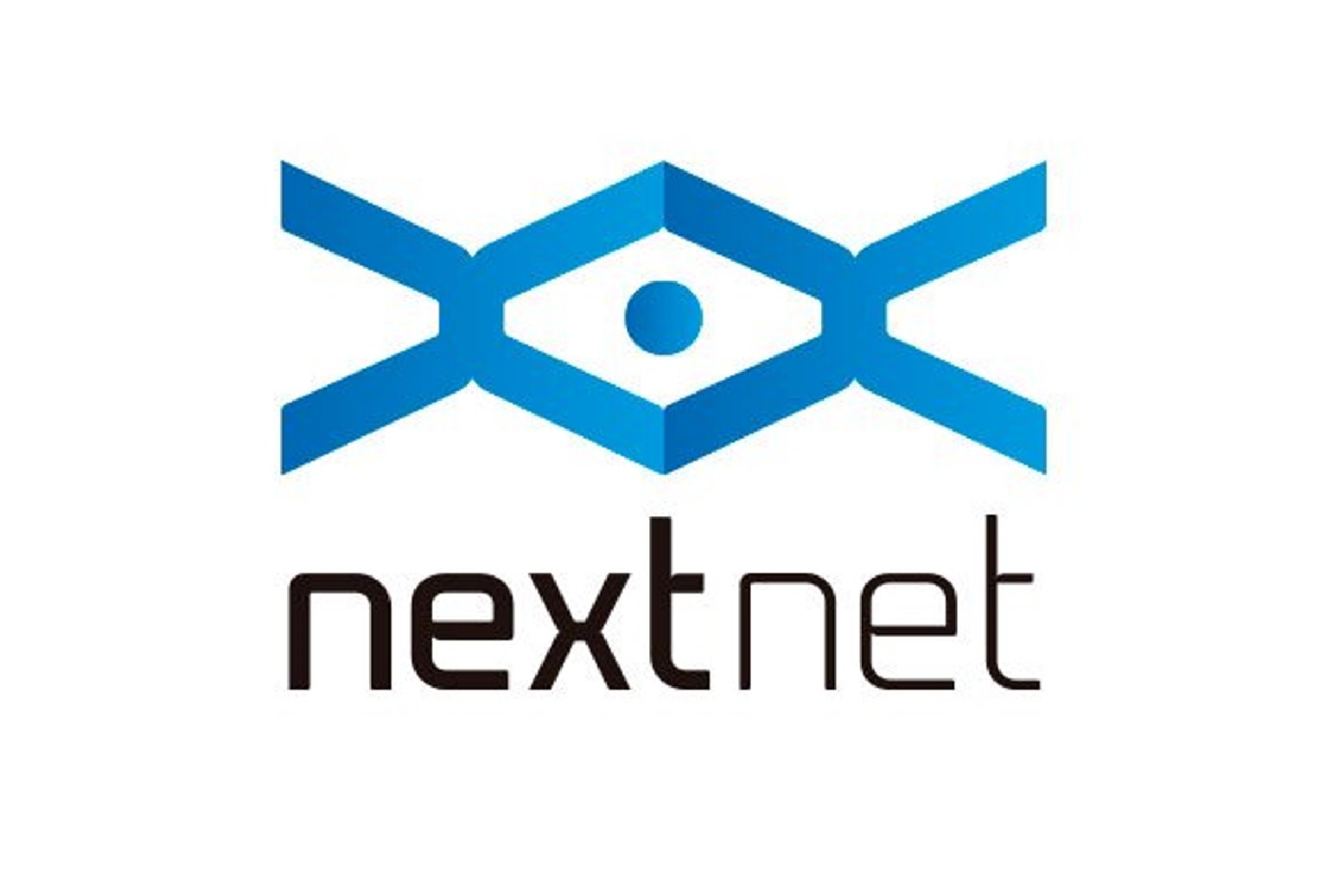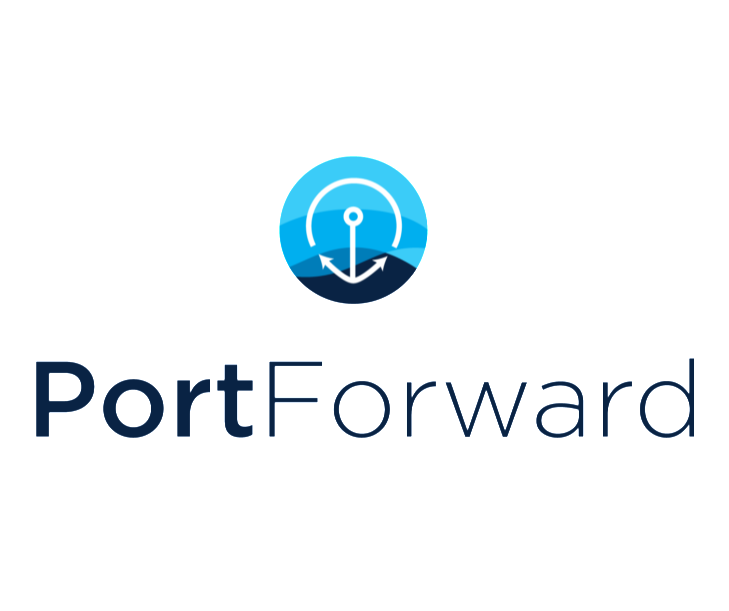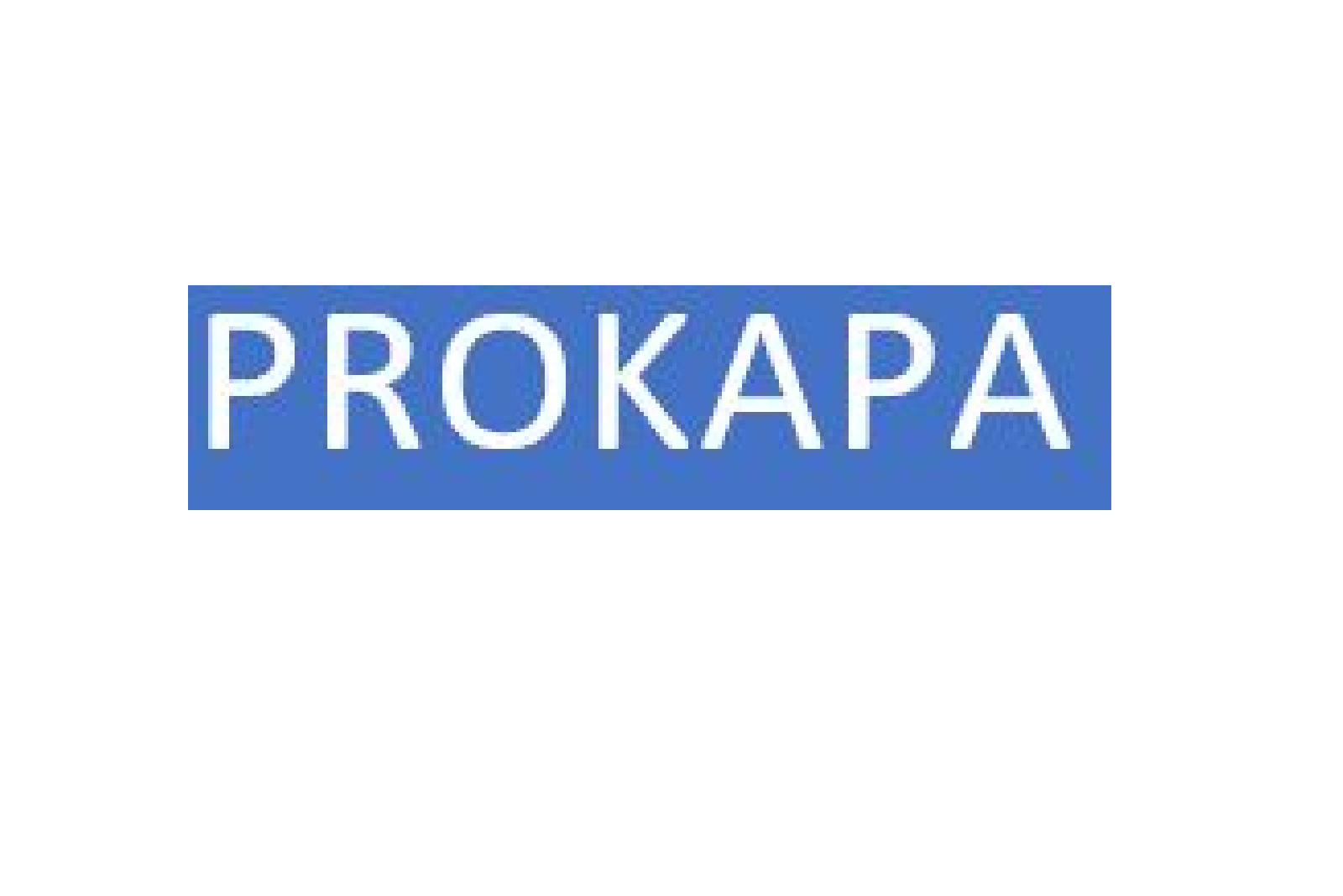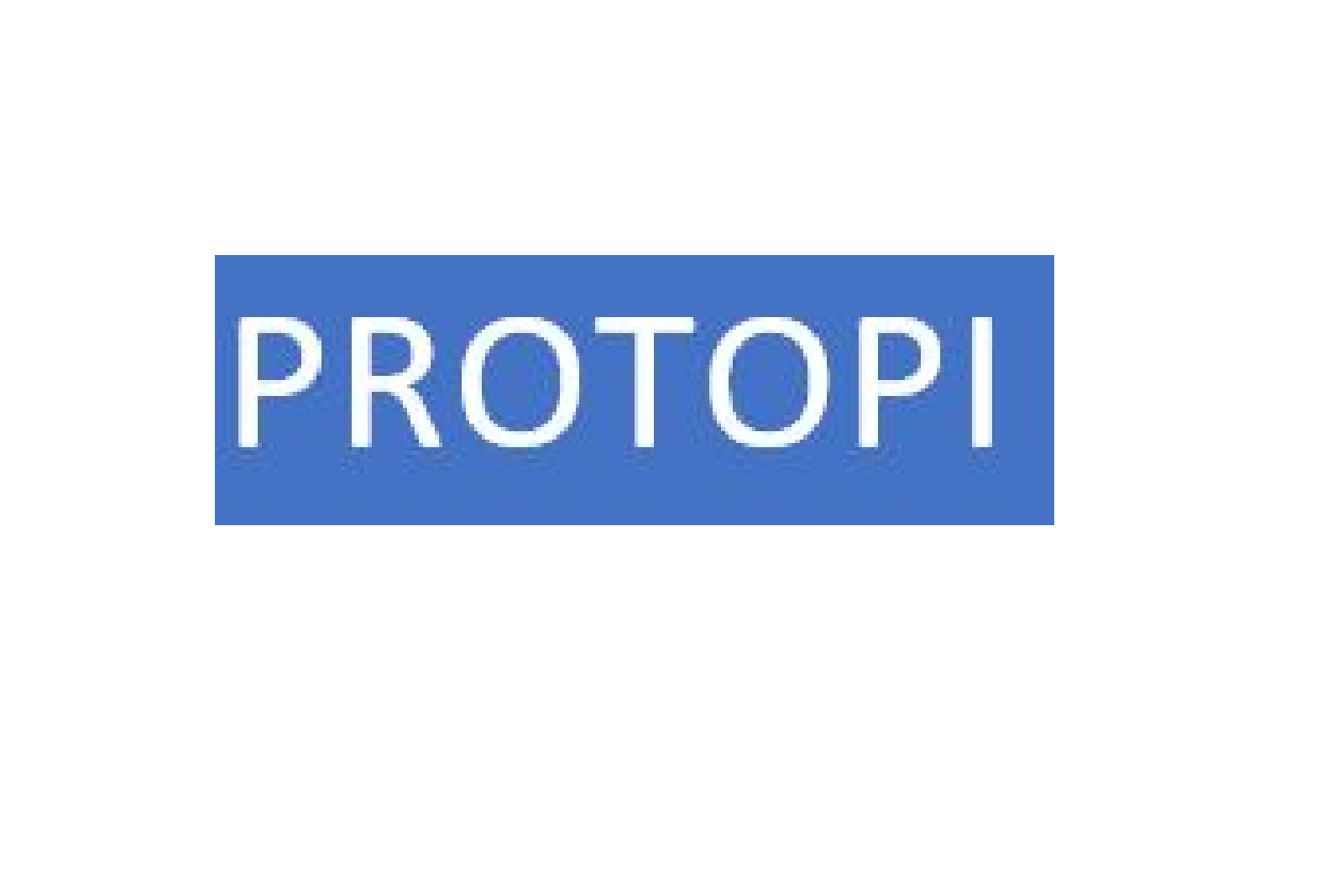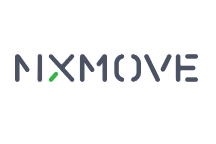
Cloud logistic solution that enable collaborative logistics across networks
MIXMOVE is a company providing a suite of logistics solutions for intelligent, horizontal collaboration between shipper, carrier, hub, distributor and the end customer. The Match solution provided by the company is able to increase load factors by optimising the preparation of modular loading units in different hubs, thus allowing to reduce half-empty trucks. This is a credible example of handling modular units and reconfiguration node operations in a systemic approach, optimising the cargo capacities, reducing manual handling and enabling end-to-end supply chain visibility and control. This logistics process is based on splitting logistics units down to parcel level so that cross-docking can be used to produce logistics units with vastly improved load factors. It provides the necessary functionalities to run the logistic network, such as TMS, WMS, and a supply chain dashboard. The solution is suitable for shippers and logistics service providers with complex logistics operations and high volume.
- Company Manager: Knut Ramstad

